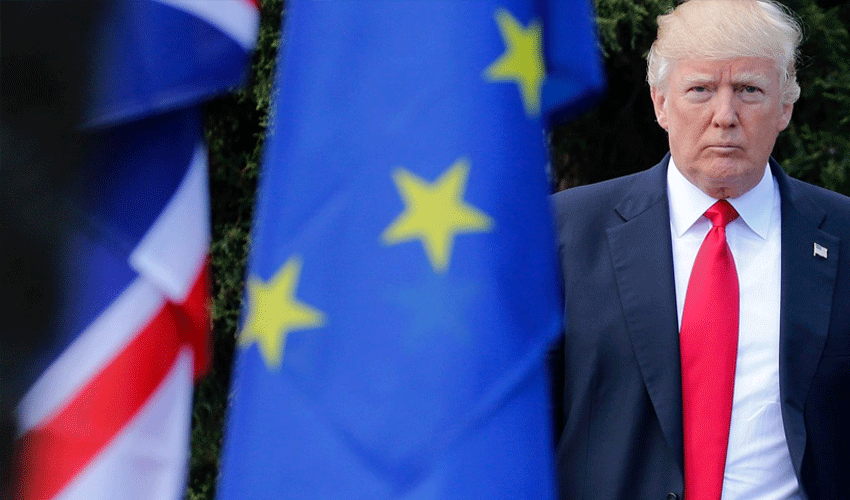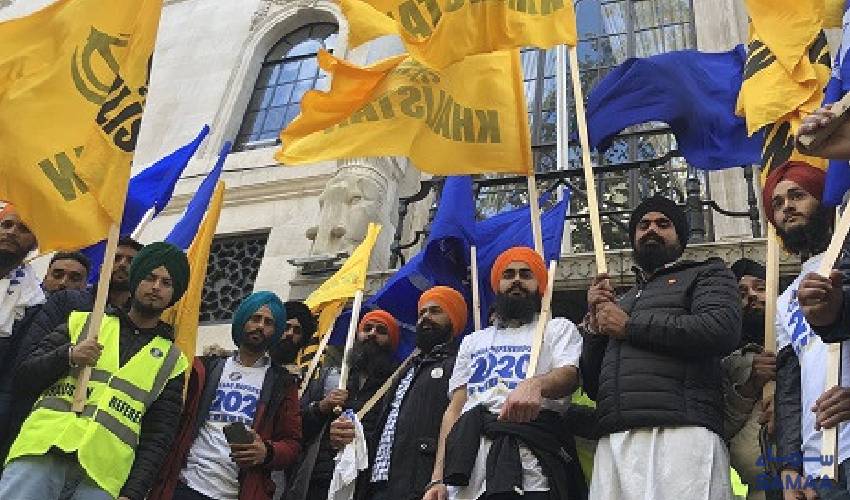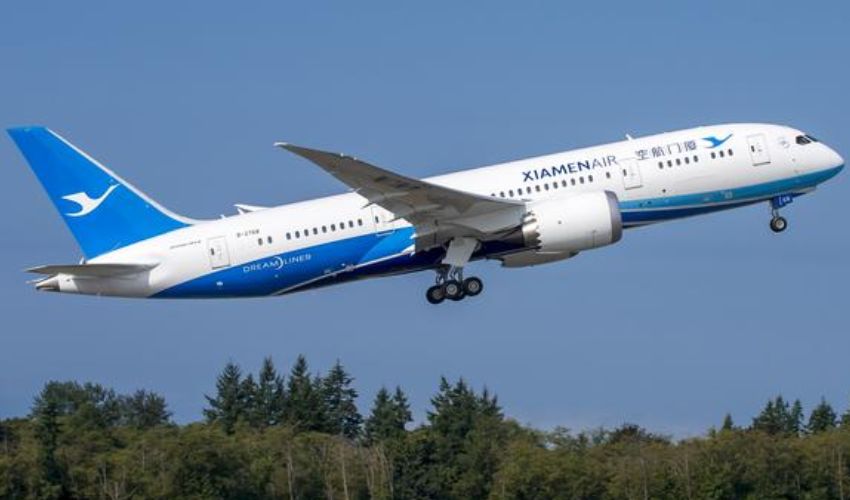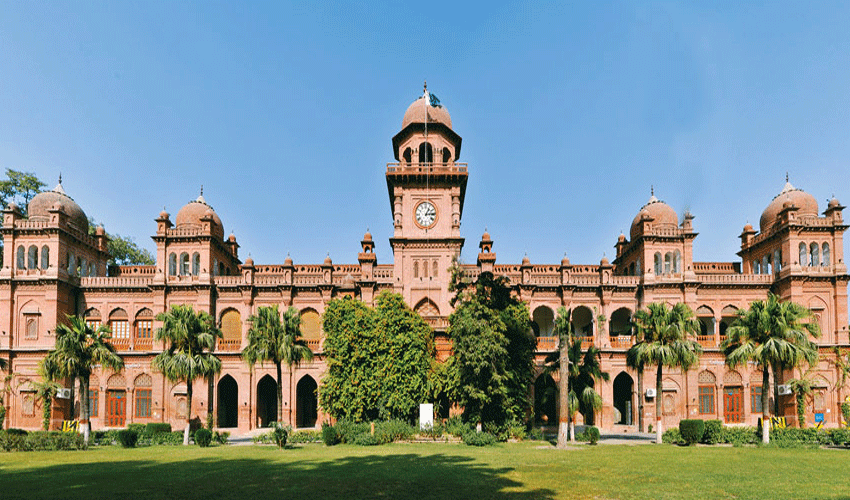European leaders have voiced strong reactions after former U.S. President Donald Trump hinted at imposing fresh tariffs on the European Union, raising fears of a renewed trade war.
The move comes after Trump’s sweeping tariffs on China, Mexico, and Canada, which disrupted global markets and trade flows.
UK
A British government spokesperson emphasized that the U.K. maintains a “fair and balanced” trading relationship with the U.S. and hopes to work through any trade disputes amicably.
Prime Minister Keir Starmer, who recently held talks with Trump, reiterated Britain’s commitment to strengthening trade ties.
Germany
German Chancellor Olaf Scholz stated that while the EU is strong enough to respond to U.S. tariffs, “the goal should be that things result in cooperation.” Conservative leader Friedrich Merz, a potential chancellor candidate, warned that the burden of tariffs would ultimately fall on American consumers.
Finland, Poland
Finnish Prime Minister Petteri Orpo called for negotiations with the U.S., stressing that geopolitical threats, particularly from Russia, should take priority over economic disputes. Polish Prime Minister Donald Tusk called Trump’s trade stance “a complete mistake” and urged allies to maintain unity against external threats.
EU officials urge caution
EU foreign policy chief Kaja Kallas cautioned against escalating tensions, saying, “If the U.S. and Europe start a trade war, the one laughing on the side is China.” French President Emmanuel Macron warned that Europe must respond firmly if its commercial interests are threatened.
Spain and Luxembourg
Spanish Economy Minister Carlos Cuerpo urged the EU to remain united and protect its industries against unfair competition. Luxembourg Prime Minister Luc Frieden argued that Europe should respond with countermeasures, stating, “Tariffs are bad for trade and bad for the United States.”
European Central Bank (ECB) policymakers expressed concerns over the potential economic fallout. French central bank governor François Villeroy de Galhau warned that tariffs would “increase economic uncertainty,” particularly affecting the auto industry. Lithuanian central bank governor Gediminas Simkus echoed these concerns, stating that such measures would fuel inflation.
Amid growing tensions, EU leaders are set to discuss their response at an informal summit in Brussels. While some advocate for a firm retaliation, others emphasize the need for diplomacy to prevent an all-out trade war.
The latest developments mark a renewed test for transatlantic relations, with European leaders bracing for possible economic turbulence as they weigh their next steps.a



























